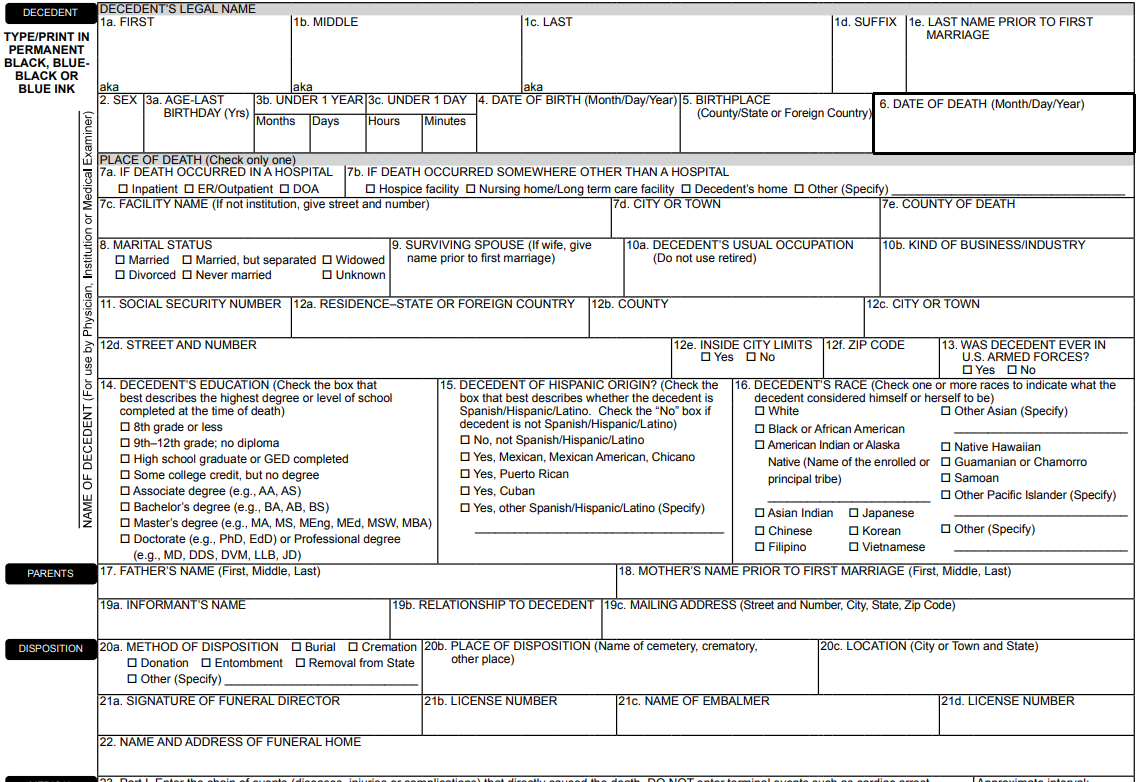A death benefit is a payout to the beneficiary of a life insurance policy, annuity, or pension when the insured person or annuitant dies. With life insurance policies, death benefits are not usually subject to income tax and named beneficiaries typically receive the death benefit as a lump-sum payment. **




Death benefits under a life insurance policy are not subject to ordinary income tax, but they may be subject to federal or state estate tax if the death benefit is paid to the estate and exceeds the estate tax exemption limit. Beneficiaries of an annuity with a death benefit may pay income tax on the payments.
If the beneficiary is paid one lump sum policy amount, it is not taxable income. However, if the beneficiary is paid in installments over several years, any interest accrued on the policy amount is considered taxable income.
When a decedent leaves an asset, such as a house or a car, and the beneficiary sells it for more than it was worth at the time of decedent’s death, the beneficiary will have to pay capital gains taxes on the difference. Only the “date of death value” is relevant, not the value when it was purchased.
Estate refers to an individual’s assets, which includes their home(s), bank accounts, investment accounts, cars, jewelry, and so on. Estate taxes apply to assets that the decedent owned or retained an interest in at death. Gifts made during life of the decedent decrease the exemption available at death.